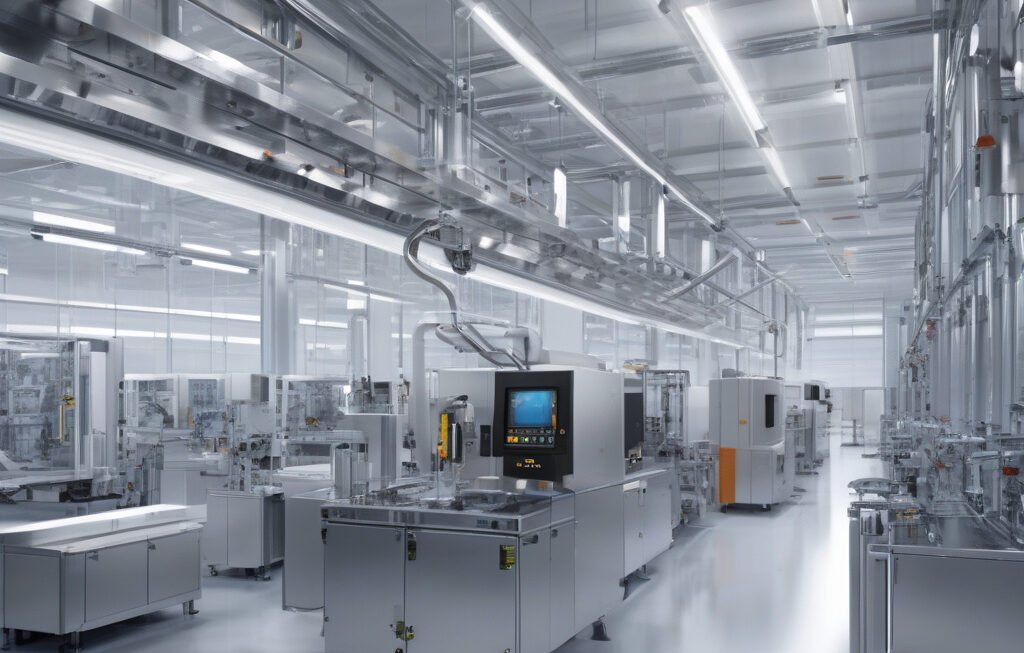US Scientists Boost EV Battery Efficiency with ‘Cold’ Manufacturing Method
For years, lithium-ion batteries have powered everything from smartphones to electric vehicles. But their reliance on high temperatures during the manufacturing process has posed challenges in terms of energy consumption and environmental impact. Now, a group of innovative scientists in the United States has developed a breakthrough method that could revolutionize the production of lithium-ion batteries for electric vehicles. By utilizing a “cold” manufacturing approach, these researchers have significantly enhanced the efficiency and sustainability of EV batteries.
Traditionally, the production of lithium-ion batteries involves the use of high temperatures to enable the chemical reactions necessary for their functionality. This process not only consumes a large amount of energy but also raises concerns about the carbon footprint associated with battery manufacturing. In contrast, the new “cold” manufacturing method eliminates the need for extreme heat, offering a more energy-efficient and environmentally friendly alternative.
The key to this innovative approach lies in the precise control of the battery’s internal structure at the nanoscale level. By manipulating the arrangement of atoms within the battery materials, scientists can optimize performance without the use of high temperatures. This level of precision allows for the creation of batteries with enhanced energy density, faster charging capabilities, and longer lifespan – all crucial factors for the widespread adoption of electric vehicles.
One of the primary benefits of the “cold” manufacturing method is its scalability and cost-effectiveness. By streamlining the production process and reducing energy requirements, manufacturers can potentially lower the overall cost of EV batteries, making electric vehicles more accessible to consumers. This could have a significant impact on the automotive industry, accelerating the transition towards sustainable transportation solutions.
Moreover, the environmental implications of this new manufacturing method are substantial. By eliminating the need for high temperatures, the process generates fewer greenhouse gas emissions and reduces the overall carbon footprint of lithium-ion battery production. As the world increasingly focuses on combating climate change and reducing reliance on fossil fuels, innovations like these play a critical role in advancing sustainable technologies.
In addition to its efficiency and sustainability benefits, the “cold” manufacturing method also offers improvements in battery performance. By fine-tuning the internal structure of the battery materials, scientists can enhance conductivity and stability, resulting in batteries that deliver more power and withstand greater stress over time. This translates to longer driving ranges for electric vehicles and faster charging times, addressing two significant barriers to EV adoption.
The work of these US scientists represents a significant leap forward in the field of battery technology, with far-reaching implications for the electric vehicle industry and beyond. By reimagining the manufacturing process and prioritizing energy efficiency and sustainability, they have paved the way for a new generation of lithium-ion batteries that could power the vehicles of tomorrow. As the demand for electric vehicles continues to rise, innovations like these will be crucial in driving the industry forward and shaping a more sustainable future for transportation.
In conclusion, the development of the “cold” manufacturing method by US scientists marks a major milestone in the evolution of EV battery technology. By combining efficiency, sustainability, and enhanced performance, this innovative approach has the potential to revolutionize the way lithium-ion batteries are produced and utilized in electric vehicles. As we strive towards a greener and more sustainable future, advancements like these will play a vital role in accelerating the transition to electric transportation.
electric vehicles, lithium-ion batteries, sustainability, energy efficiency, US scientists











